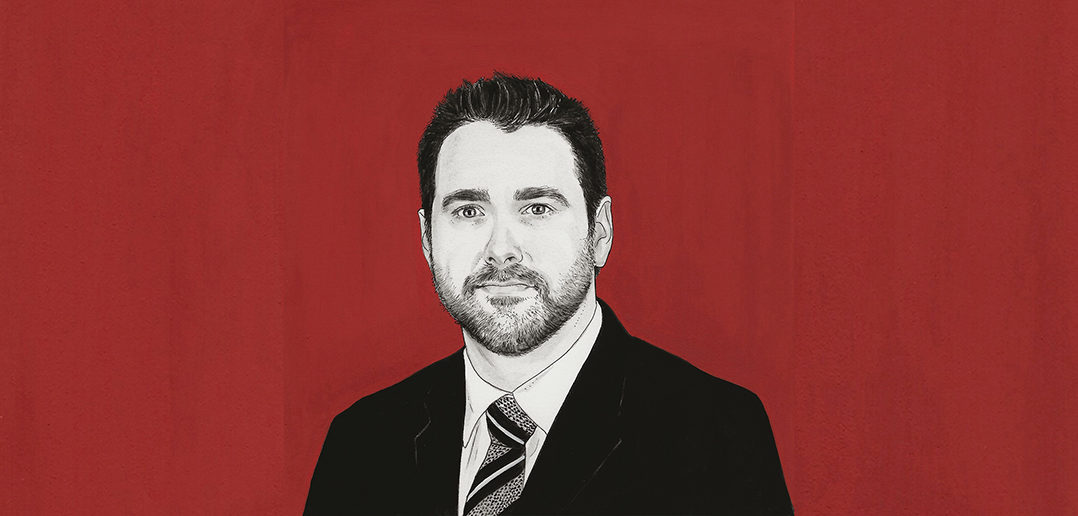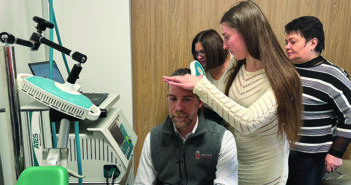How can people start—and stick to—exercising regularly?
We know that for a host of reasons people should be getting the CDC’s recommended 150 minutes of moderate physical activity every week. Yet only about 23 percent of Americans get that amount. We asked Dale Bond, PhD, a professor of psychiatry and human behavior who studies physical activity, how we can motivate ourselves, or our patients, to get more active.
Exercise is a complex behavior, and it’s difficult to change and even more so maintain changes. There are several decision points: where to exercise, how to exercise, when to exercise, with whom to exercise. It’s not surprising to me that when people who either have never exercised before and are trying to adopt a new habit, or have “fallen off the wagon” and are trying to make another go of it aren’t successful. Another thing to consider is that exercise should be enjoyable, and for people who are trying to adopt or restart an exercise habit, exercise might not feel pleasant initially.
To make exercise more enjoyable, one of the first things is finding an activity that you like. Going to the gym might not be everybody’s favorite activity or favorite setting to exercise. We also want to try to boost the enjoyment of the activity that they’re performing. There are several different ways to do that, such as pairing exercise with an enjoyable activity such as listening to music or a podcast, exercising with a friend, or exercising at an intensity that is not too vigorous to start. Our research is also looking at how we can leverage the time of day to make it easier to form an exercise habit. For example, we hypothesize that exercising in the morning might be more advantageous in this regard because waking up and seeing your exercise clothes gives you a strong cue to exercise. You also get it done before life gets in the way.
When you’re first trying to change a behavior, you want to reward yourself for achieving those initial goals. Eventually we want to go from external motivation to internal motivation. This means, for example, not exercising because a doctor told you to, but because you want to do it for yourself.




